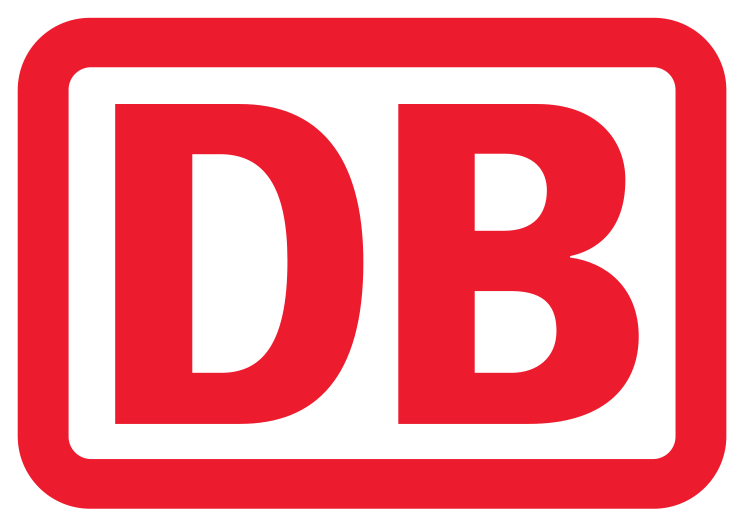Chef:innensache Zoll u. Außenwirtschaft: Compact knowledge for decision makers
From AEO to compliance requirements

Contents
Relevant laws for your practice: AWG, Union Customs Code
- Overview of important regulations and laws: Foreign Trade and Payments Act (AWG), Ordinance.
- Union Customs Code, DA, IA, TDA.
Export control
- Embargoes, significance of the export and dual-use list, classification of goods.
- Risk management: sanctions list screening, risks of non-compliance.
ATLAS procedure
- Function and procedure, export accompanying documents.
- Proof of tax, exit note, electronic data exchange.
- Meaning and function of the customs tariff number, codes.
- Connection options to the ERP/CRM system.
Origin of goods, using preferences as a competitive advantage
- "Made in", non-preferential and preferential origin.
- Preferential agreements.
- Preference as a competitive and customs advantage.
- Overview of important documents: supplier's declaration, movement certificate EUR1, insight into preference calculation.
Tax law interface: import customs clearance and taxes
- Overview: Import customs clearance procedure, import customs clearance by service providers.
- Customs clearance and internal control, VAT, excise duties.
- Influence of international trade clauses on the customs value.
Facilitation procedures for customs clearance - reducing costs
- Status approved/authorized exporters, approved importers and economic operators AEO C and S, "REX" registered exporters
- Advantages of facilitation procedures.
- Requirements on the part of customs.
Internal organization, processes and personnel requirements
- Compliance requirements for organization, processes, personnel.
- Internal process participants, information flows.
- Work/organizational instructions for customs processes, overview of IT tools, sources of information for practical use.
- Tasks, requirement profiles: Export officers, customs officers, export control officers.
Risk management: responsibility and due diligence
- Typical sources of error.
- Liability risks for customs and process participants and how to avoid them
The customs audit
- Contents, procedure.
- From the customs tariff number to the tax calculation and embargo check.
- The "model company" from the customs perspective.
- Customs sanction options.
Learning environment
In your online learning environment, you will find useful information, downloads and extra services for this training course once you have registered.
Your benefit
- Sound insight into relevant legal regulations and their requirements for organization, import/export processing and personnel.
- Ability to take measures to optimize the organization, internal processes and information flows.
- Use of preferences as a competitive advantage.
- Early recognition of risks to avoid unpleasant liability situations.
- Familiarity with facilitation processes and other options, such as IT tools, to reduce costs and increase efficiency.
- Raising awareness of tax traps for imports.
Methods
Trainer input, case/best practice examples, discussion, exchange of experience.
Recommended for
Managing directors, decision-makers; managers from export, import, shipping, logistics, purchasing, procurement and supply chain management.
Further recommendations for "Chef:innensache Zoll u. Außenwirtschaft: Compact knowledge for decision makers"
2573
Start dates and details
Friday, 24.04.2026
09:00 am - 5:00 pm
- one joint lunch per full seminar day,
- Catering during breaks and
- extensive working documents.

Thursday, 09.07.2026
09:00 am - 5:00 pm

Wednesday, 21.10.2026
09:00 am - 5:00 pm
Friday, 04.12.2026
09:00 am - 5:00 pm
- one joint lunch per full seminar day,
- Catering during breaks and
- extensive working documents.

Tuesday, 02.03.2027
09:00 am - 5:00 pm
- one joint lunch per full seminar day,
- Catering during breaks and
- extensive working documents.
 4.5
4.5








